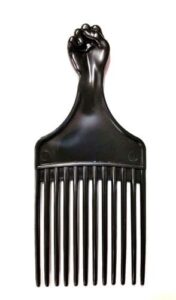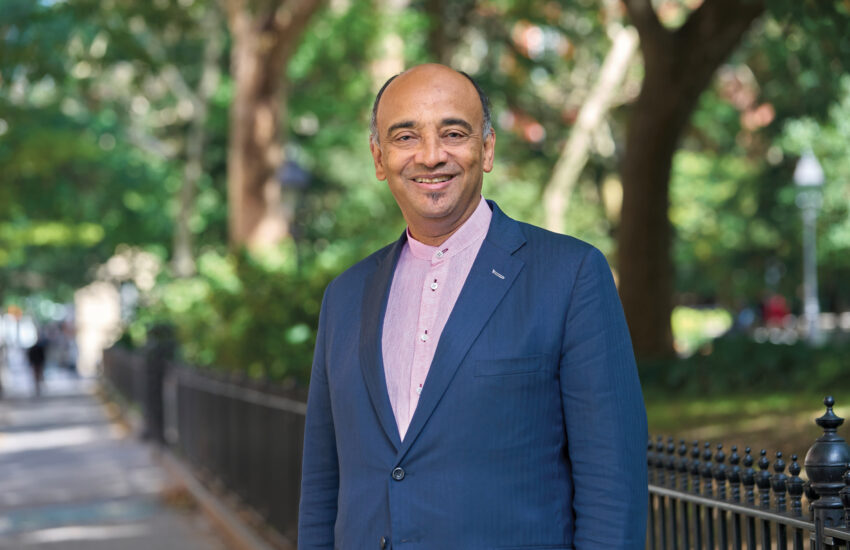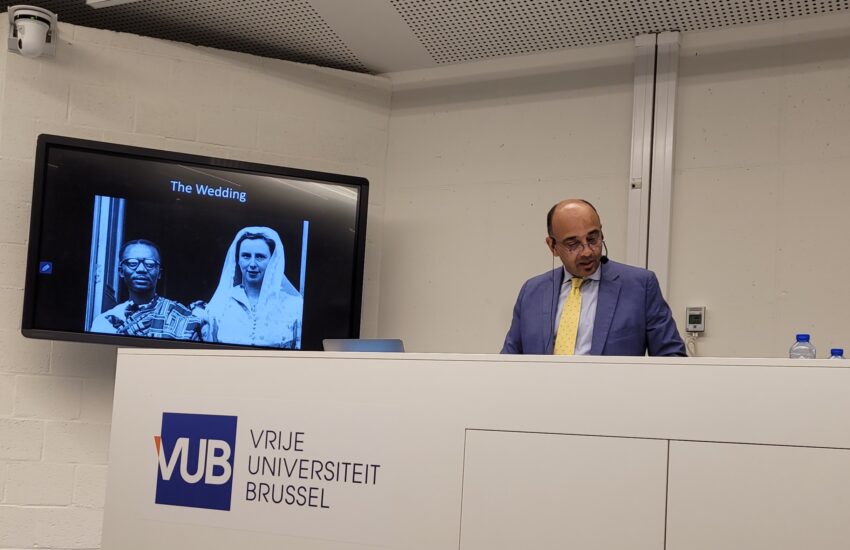World Afro Day – 15 September 2023: A New Report on Workplace Hair Acceptance
By now we should be familiar with the (not-so) anecdotal horror stories about how Black aesthetics can be penalised in various contexts; no less in the professional world and with Afrodescendant women often being on the sharp end of this discrimination. Today a substantive report, Workplace Hair Acceptance, is released to commemorate the seventh World Afro Day, Friday 15 September 2023. Such research is not an end in itself but yet another potential tool to expose – and help overturn – the insidious influence of Supremacist ideologies.
More information and a link to the report below:
‘A new report, ‘Workplace Hair Acceptance,” has found bias against Afro hair in the workplace is likely to cost jobs. Respondents in the survey were given a real incident of Afro hair discrimination: when a woman did not pass her probation because of her Afro hair. More than a third of the survey respondents, believed it could possibly happen in their own workplace. One fifth thought it could definitely happen in their workplace.
Previous research has extensively quantified Afro hair discrimination from the victim’s perspective. This ground-breaking report examines the issue of Afro hair discrimination in the workplace and the understanding of this problem, focused on the Employer. It considers ways in which employers can eliminate Afro hair discrimination and what legal intervention might be needed.
The survey of 1000 UK and US decision-makers: CEOs, Line Managers, HR Professionals and DEI Specialists; revealed employer bias against Afrocentric hair in the workplace and a clear lack of understanding of what is legal and discriminatory towards Afro hair and Afrocentric hairstyles. Even companies with a strong DEI commitment showed the same bias against Afrocentric hairstyles.
Findings also show a hierarchy of hairstyles from more Eurocentric “decreasing” to Afrocentric styles. 84% considered straight hair on a woman appropriate in all circumstances versus 64% who felt an Afrocentric hairstyle (braids with buns) was appropriate. Several Afrocentric hairstyles were considered completely inappropriate for the workplace by over 1 in 10 respondents (12%).
Previous unpublished research from World Afro Day shows a shocking level of ignorance in attitudes and behaviour towards Afro hairstyles in the workplace. “Had my boss tip water on my hair for ‘fun’, to see what will happen.” Another person said: “I have had people treat me like I am not human.”
World Afro Day® has gathered a team of experts from the UK and USA to create celebration and liberation events for Afro hair and the workplace. The event hosts are TV Presenter Scarlette Douglas and Emmy-winning Tashara Parker. Plus, guests: entrepreneur Levi Roots, Olympian, Alice Dearing, Barrister, Laith Dilaimi; Shift Insight MD; Jane Powell, Global Tech Disruptor, Paulette Watson and UK Professor Jonathan A.J. Wilson and US Professors D. Wendy Greene and Patti O’Brien-Richardson. CEO BUD Leaders, Georgina Wilson.
Michelle De Leon, CEO World Afro Day® and report author says:
“People with Afro hair have known for a long time about hair discrimination in the workplace, but it has rarely been quantifiable until now. The Employer Hair Attitudes Survey reveals that bias against Afrocentric hairstyles can cost jobs. Africans should be able to look African in the workplace like Europeans can look European and Asians can look Asian. Ending hair discrimination is decades overdue, I hope companies and politicians will now do the right thing and act on the research.” ‘



